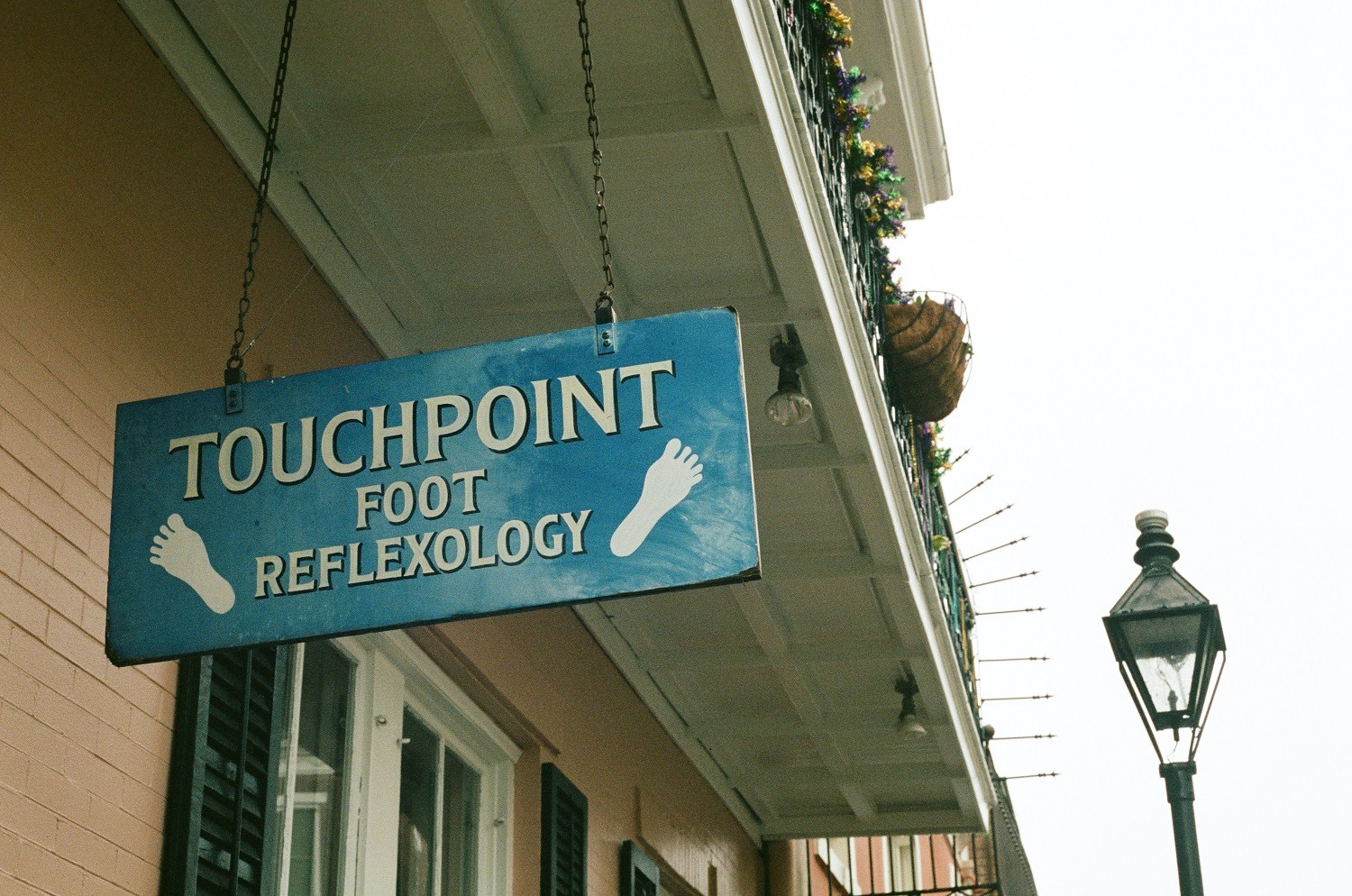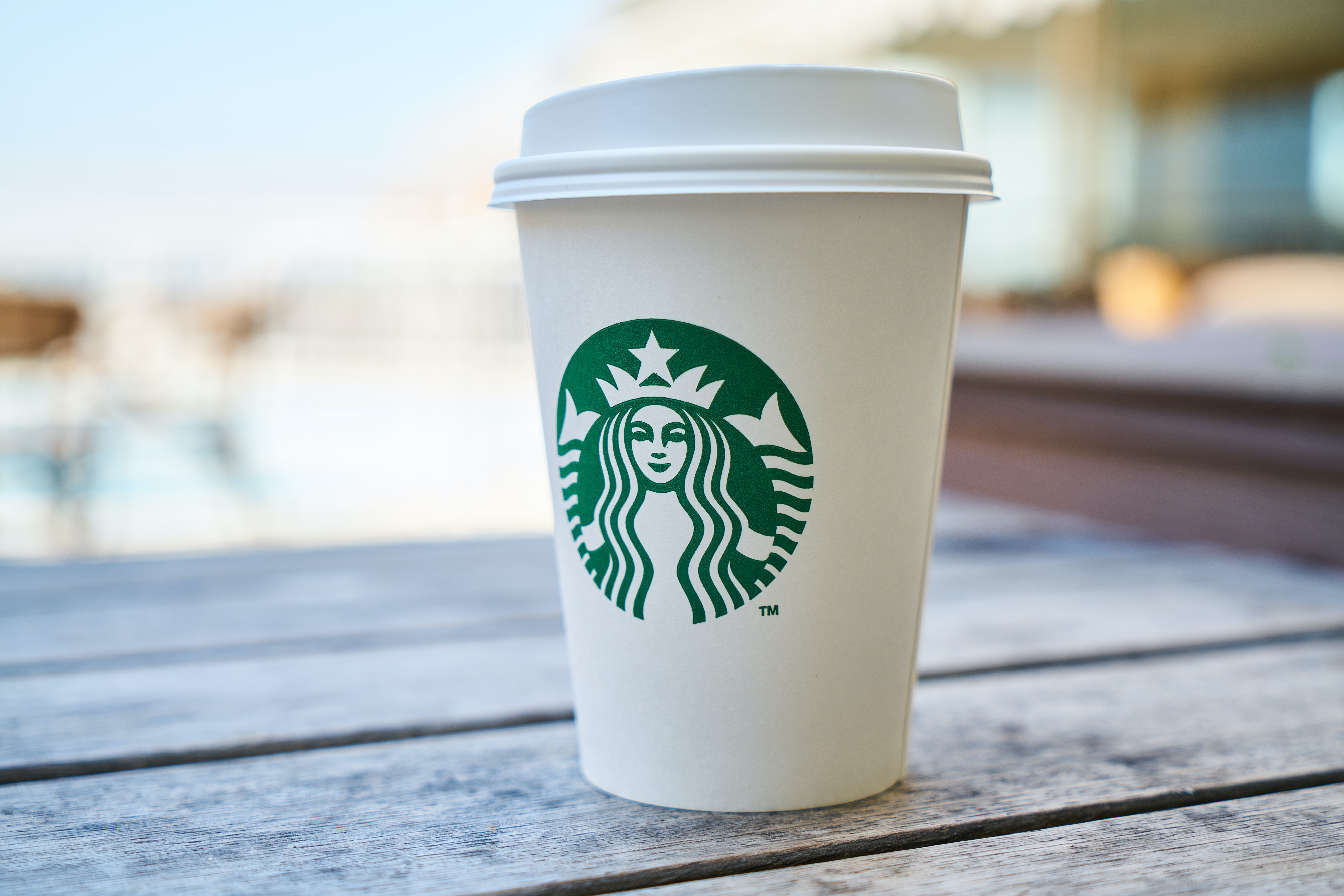
Should I trade mark my business/ brand name and logo?
The following is a guest blog from Ward Trade Marks about whether a company should trade mark its name and logo. We often get asked this question and although we would say yes, there are certain things that you need to consider and that is where our friends at Ward Trade Marks can help. Read on to find out more.
Should I trade mark my business/ brand name and logo?
The short answer is yes, and get it done as soon as possible – it really is that important. Here’s why.
What is a trade mark?
A trade mark is a ‘sign’ that allows consumers to distinguish your brand from that of another business. A trade mark can be any kind of graphic representation, including brand names and logos. Colours, patterns, shapes, ‘trade dress’ and even sounds can also be registered. If you have a business, then it’s likely that you have a name and a logo. You might even have a slogan. These are potentially all trade marks, but to protect them properly they need to be registered.
Do I have to register a trade mark?
No, of course you do not have to, it’s simply a question of the risk you are willing to take. If someone else comes along and registers a brand name or logo just like yours then you may lose the right to use them. Potentially you could be ‘bounced off’ your own name, or be forced into a stressful and expensive battle to prove that you have a better right to your name. This is the harsh reality that many businesses find themselves in every year if they have not registered their trade marks.
What are the benefits of registering a trade mark?
The number one benefit of registering a trade mark is the exclusivity it gives you. That’s why large brands register as much as they can as soon as they can. Test this out by trying to find brand that is the same or similar to, say, Starbucks for coffee, or Nike for sports apparel. You won’t be able to because their trade marks are registered and well protected to prevent any dilution which means that those brands are hugely valuable. The exclusivity has been preserved. You also get to display the registered trade mark symbol (an R in a circle) to demonstrate these rights. Should any other business attempt to replicate your brand without permission, you are entitled to take legal action. You can ask the other business to change their name, and even pay damages. A registered trade mark lasts forever as long as the 10 yearly renewals are maintained and the trade mark continues to be used. In summary, by registering your trade marks you’re adding value to your company. Trade marks are intangible assets that you can franchise, licence and sell. If selling your business is the ultimate end-goal, then the security of a registered trade mark will be all-the-more attractive to potential buyers.
When should I register a trade mark?
As soon as a possible and certainly before you invest what is likely to be thousands of pounds of spend with your branding agency to create your brand for you. We frequently encounter business owners that did this in the wrong order. They spent a lot of money on branding without checking that the chosen name was free to use and register only to find that they could not get their trade mark application through because the ‘road was blocked’ by another similar trade mark. To add insult to injury the owner of the earlier trade mark often demands that the you cannot even use your trade mark unregistered which means that they have to rebrand rather than simply abandon the trade mark application. Thus all the money spent on the branding exercise is wasted. You might think that if your branding agency comes up with the naming ideas in the first place you will be safe. This is not a safe assumption because branding consultants are experts in their own field and not trade mark law.
How do I register a trade mark?
The first step is to check that your chosen name qualifies as a trade mark. Then, you need to commission a search by a trade mark attorney to ensure a similar or identical trade mark doesn’t already exist in your sector. Don’t cut corners and try this yourself. The process may look simple but you will need experience and a solid understanding of trade mark law to interpret the results. Remember, similar trade marks registered for similar goods/ services to yours may be able to block your path. Also, similar trade marks owned by brands with a very high reputation can block you even if your goods and services are dissimilar. Trade mark searches are not straightforward and a professional’s help is always a wise investment.
Once the searches are complete and you are satisfied that the risks of objection or opposition are low you can put together the application at the UK Intellectual Property Office. Good trade mark applications are an artform – a topic to be covered on another day!
Conclusion
If you are still unsure about how to get registered, or if you feel that you have additional trade marks in your overall brand that ought to be registered please feel free to contact us and we can introduce you to our friends at Ward Trade Marks.
In the meantime we hope that your business continues to thrive.
Contact us for an introduction
Call: 01223 813615
Email: info@designbynetwork.co.uk






